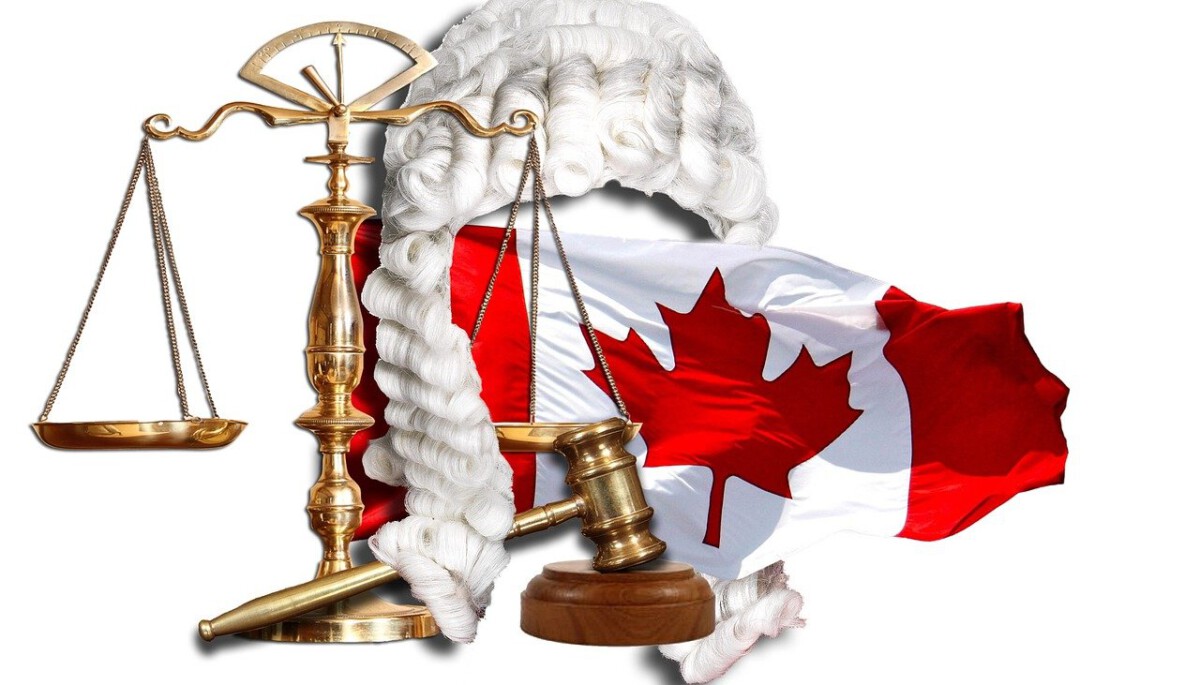Sweden: Setting the Gold Standard for Trust

Sweden has emerged as the world’s most trusted nation, making headlines for its continued dedication to transparency, social welfare, and effective governance. According to the 2024 Trust Research Institute survey, 87% of respondents rated Sweden highly for its open government and low levels of corruption. Swedish citizens enjoy easy access to government data, which builds a sense of honesty and accountability. Public officials are held to strict ethical guidelines, and regular audits keep the system clean. Education is another pillar, with Sweden ranking among the top globally in both access and quality. Its healthcare system is widely regarded as fair and accessible, contributing to a general feeling of security. The result is a nation where people not only trust their leaders but also trust each other—a quality that has an astonishing ripple effect throughout society. Sweden’s high ranking serves as a powerful example of how trust can be systematically built and maintained.
Norway: Trust Rooted in Social Cohesion

Norway stands shoulder-to-shoulder with Sweden, coming in as the second most trusted nation according to the 2024 global survey. Over 84% of international respondents recognized Norway for its integrity in public service and exceptionally low corruption rates. The Norwegian government’s commitment to participatory democracy means citizens are regularly consulted about policy decisions, creating a sense of shared ownership. With one of the highest standards of living worldwide, Norwegians benefit from robust welfare programs and universal healthcare. The country’s oil wealth is carefully managed through the Government Pension Fund, which is open for public scrutiny—a rarity in global finance. Education and media freedom are also cornerstones, with Norway consistently topping the World Press Freedom Index. This framework of trust is not just a statistic—it’s a feeling you get walking through Oslo’s streets or talking to locals about their government.
Finland: A Culture of Openness and Accountability

Finland’s reputation for trust is grounded in a culture of openness and strong institutions. International surveys consistently rank Finland among the world’s most transparent and trusted countries, with citizens and global observers citing its reliable legal system and clean governance. The Finnish government releases regular reports to the public and actively encourages citizen participation, whether through open forums or digital platforms. Education is a national priority, with the country’s schools famous for fostering critical thinking and civic responsibility. Even during times of political change, Finland’s commitment to the rule of law has stabilized public confidence. The Finnish police and judiciary are widely respected for their fairness, and corruption is nearly unheard of. For many, Finland represents what happens when a society truly values integrity and mutual respect.
Denmark: Trust Born from Equality and Civic Engagement

Denmark consistently ranks among the world’s most trusted nations, thanks to its strong social equity, transparent governance, and robust rule of law. Danes actively engage in democratic processes, with voter turnout in national elections often exceeding 85%. The government is transparent about spending and policy decisions, frequently publishing detailed reports accessible to anyone. Healthcare and education are both free at the point of use, reducing inequality and enhancing a sense of fairness. Local communities regularly participate in shaping policy, fostering a feeling of shared responsibility and mutual respect. Denmark’s strong welfare state ensures no one is left behind, which in turn reinforces public trust. This cycle of trust and inclusion is deeply woven into the fabric of Danish society.
New Zealand: Trust Through Effective Crisis Response

New Zealand is globally admired for its calm and consistent crisis management. Its government is often recognized for transparency and responsiveness, earning high marks in global trust and governance indexes. Recent natural disasters and challenging international events have tested the country’s systems, but clear communication and decisive leadership have always prevailed. New Zealand’s commitment to indigenous rights and cultural inclusion is another cornerstone of its high trust scores. The nation’s police force enjoys widespread approval, with surveys showing that 75% of citizens feel safe in their communities. Environmental policies are crafted with public input, and government data is readily available. New Zealand’s approach demonstrates how trust can be built not just in calm times, but especially during adversity, when the strength of social bonds is revealed.
Canada: Multiculturalism and Human Rights as a Trust Magnet

Canada consistently ranks as one of the most trusted nations, widely respected for its commitment to multiculturalism and human rights. Global surveys often highlight its inclusivity and respect for diversity as key factors in its strong international reputation. The government actively supports immigrant integration, ensuring equal opportunities for all citizens. Canada’s universal healthcare and public education systems are accessible to everyone, regardless of background. The country’s strong legal framework, including an independent judiciary and robust anti-corruption measures, reassures both citizens and outsiders. Regular town hall meetings and transparent policy updates keep the public informed and engaged. Canada’s focus on reconciliation with Indigenous communities and its leadership in climate policy further enhance its global image. This combination of fairness, opportunity, and openness creates a society where trust isn’t just given—it’s earned continually.
Switzerland: Financial Transparency and Political Neutrality

Switzerland is often seen as a model of stability and discretion. It regularly ranks among the world’s most trusted nations, with many praising its political neutrality and transparent financial systems. Swiss banking is famous for strict regulations and ethical standards, providing a safe haven for both domestic and international investors. The country’s unique system of direct democracy means that citizens have a direct say in national policy decisions multiple times a year. Switzerland’s commitment to neutrality in foreign policy further boosts its reputation, making it a trusted partner in international relations. The healthcare and education systems are robust, and the government is held accountable by frequent referendums. These features have combined to create a society where trust is not merely an aspiration, but a lived reality for generations.
Netherlands: Progressivism Meets Practical Governance

The Netherlands shines as a beacon of progressive policies and responsive governance. It consistently ranks high in global indexes for quality of life, social equity, and transparent institutions. Dutch leaders actively engage with citizens, holding regular consultations on matters from urban planning to climate policy. The Netherlands is renowned for its strong infrastructure, efficient public transport, and emphasis on cycling and sustainability. Social equity is prioritized, with targeted programs to support marginalized groups and ensure equal access to services. The legal system is trusted for its efficiency and fairness, and media freedom is vigorously protected. These elements combine to create a society where people feel both heard and cared for, driving public trust to new heights.
Germany: Economic Stability and European Leadership

Germany’s reputation for reliability and stability is well-earned. The country is consistently recognized for its strong institutions, economic resilience, and leadership in international cooperation. The German economy remains one of the strongest in Europe, with low unemployment and high standards of living. The country is a leader in the European Union, often mediating disputes and pushing for greater unity. Germans benefit from a comprehensive social safety net, excellent healthcare, and a respected education system. The judiciary is independent, and corruption is rare thanks to strict regulations and consistent enforcement. Germany’s approach to integrating migrants and refugees has also been recognized as a model of compassion and pragmatism. Together, these factors create a foundation of trust that extends beyond Germany’s borders.
Australia: Trust Anchored in Democratic Values

Australia is widely regarded as a stable and democratic nation, with strong institutions and robust protections for civil liberties. It frequently ranks among the top countries in global trust and governance surveys. The country’s healthcare system, Medicare, is universally accessible and is a source of national pride. Law enforcement agencies are generally respected, and crime rates remain relatively low. Australia’s multicultural society is actively promoted in policy and practice, with anti-discrimination laws and inclusive social programs. The government is transparent about budget spending and policy outcomes, which helps to maintain public trust. Regular public consultations and a free press ensure that citizens remain engaged and informed, cementing Australia’s reputation as a nation where trust is both expected and delivered.
What Drives Trust in These Nations?

Common threads run through the world’s most trusted nations: transparency, social equity, strong institutions, and active citizen participation. Recent data from the Trust Research Institute, World Bank Governance Indicators, and Transparency International reveal that countries characterized by low corruption, open governance, and robust legal protections consistently achieve higher rankings in global trust surveys. Media freedom also plays a large role, as people are more likely to trust governments that do not interfere with independent journalism. Public safety, economic stability, and opportunities for all help to create societies where trust becomes part of everyday life. These nations continually invest in their people, policies, and systems to maintain their enviable reputations.





